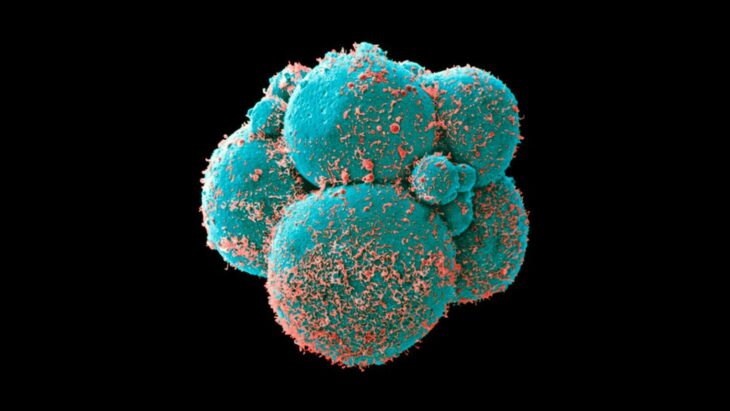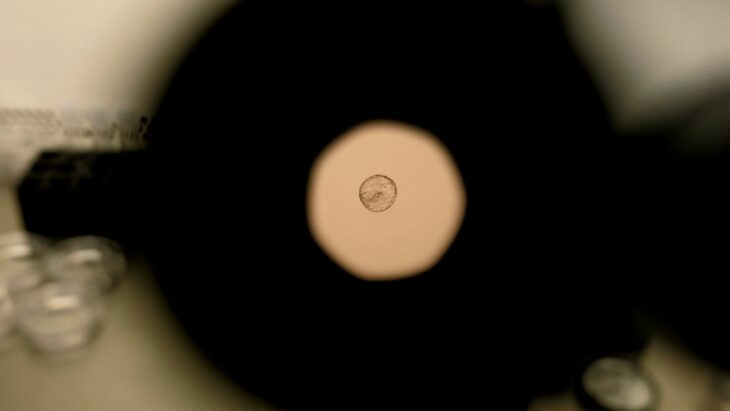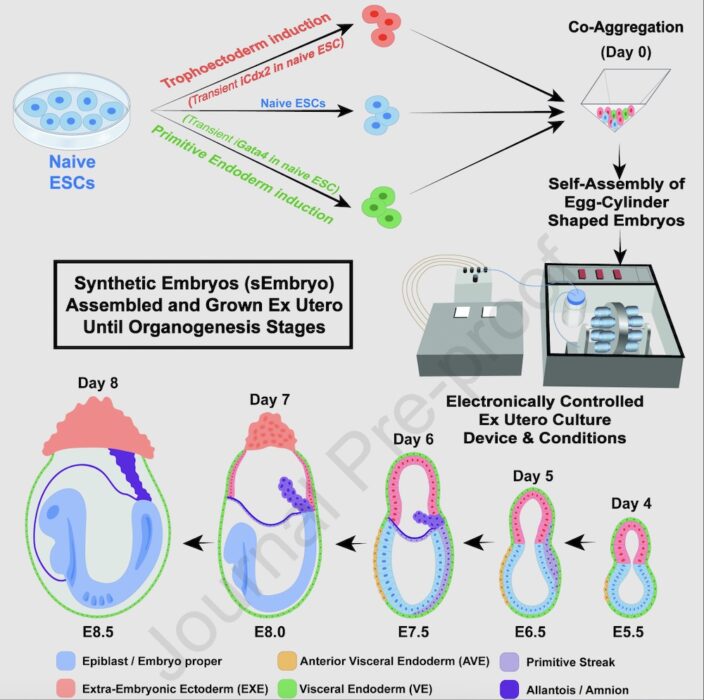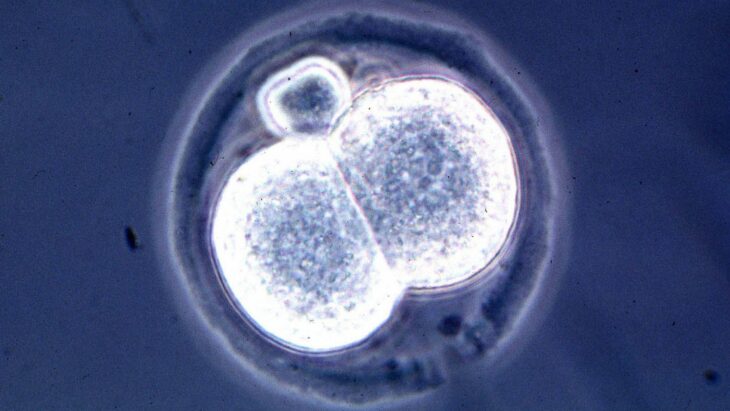The classic mammalian fertilization process that most people know is created based on an egg and a sperm, so creating an embryo without any of the above might seem impossible.
However, the Weizmann Institute of Sciences in Israel shared research in which they claim the possibility of creating synthetic embryos without using sperm, eggs or a biological uterus, all from stem cells grown in a laboratory.

In 2018, a group of Israeli researchers led by Nicolás Rivron developed synthetic mouse embryos, generated through stem cells grown in Petri dishes, which were later developed in a bioreactor.
This in order to make them evolve to produce organs such as a heart capable of pumping blood, a brain, a neural tube and an intestinal tract, 95 percent identical to natural mouse embryos.

As a result, the research revealed a series of new possibilities towards the formation of different organs from pluripotent cells and the influence of some genetic mutations in the development of diseases.
Based on this study, on August 1, the magazine Cell shared an article in which Professor Jacob Hanna and his team at the Weizmann Institute of Science in Israel describe in detail the research, in which they have been working for years to develop an artificial uterus that is capable of cultivating embryos effectively.

Renewal Bio, an Israel-based company that has been created based on Hanna’s discoveries, considered the possibility of using this same technique to develop human embryos, to grow organs for transplants or to rejuvenate the immune system of human beings. old people.
As shared by Hanna himself, both he and other volunteers began to use their own blood in order to develop human embryos from their stem cells. The main objective of this procedure is to gestate them until the equivalent of between 40 and 50 days of pregnancy, which is the period in which the basic organs and extremities of a human body are formed.

It is worth mentioning that, during the experiment, it took the scientists approximately seven years to develop a mechanical uterus, in an Israeli laboratory, which they have managed to keep alive for eight and a half days. In another test with this uterus, the embryo reached 11 days, although in any case, it is considered very little time for the complete gestation of any mammal.
Source: Okchicas
With 6 years of experience, I bring to the table captivating and informative writing in the world news category. My expertise covers a range of industries, including tourism, technology, forex and stocks. From brief social media posts to in-depth articles, I am dedicated to creating compelling content for various platforms.







